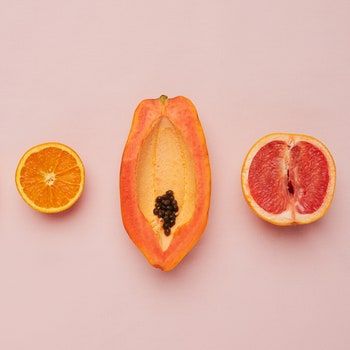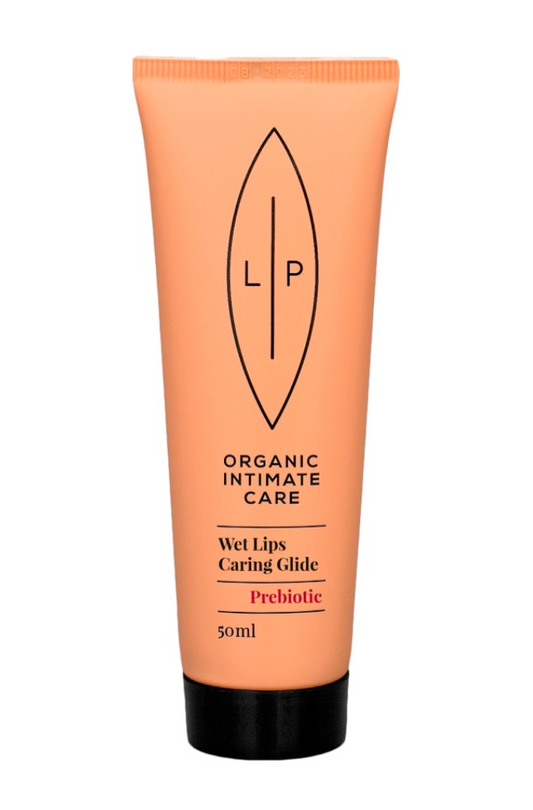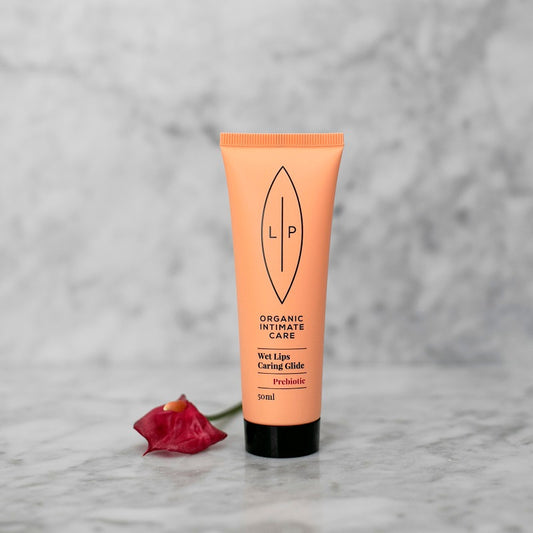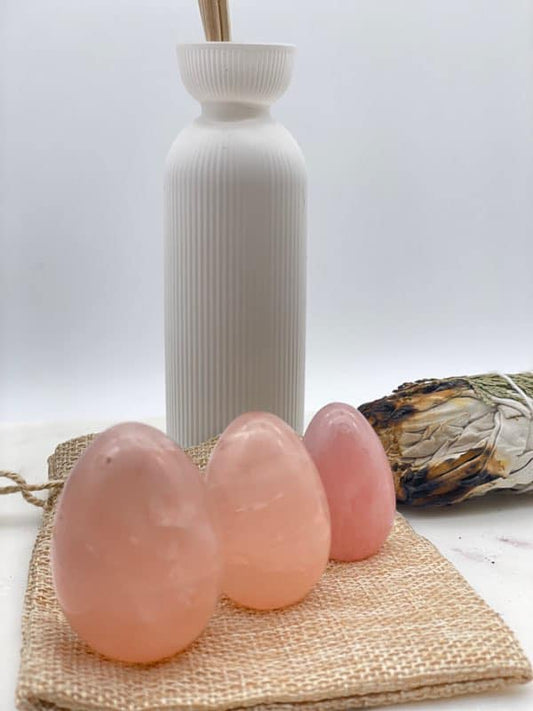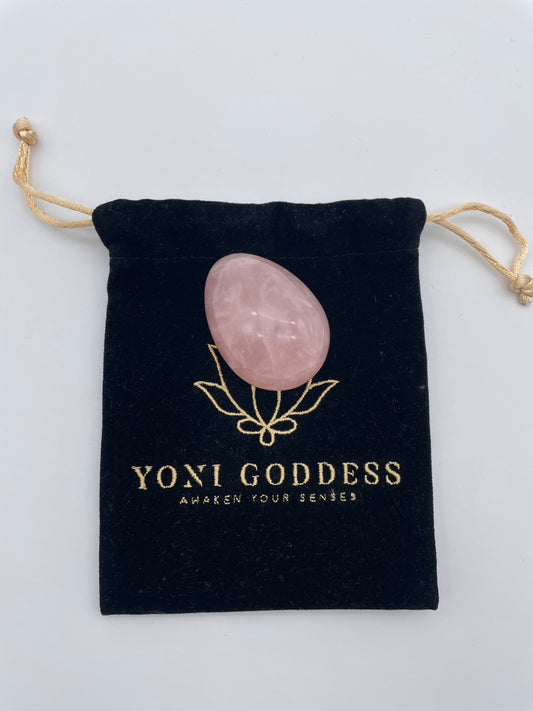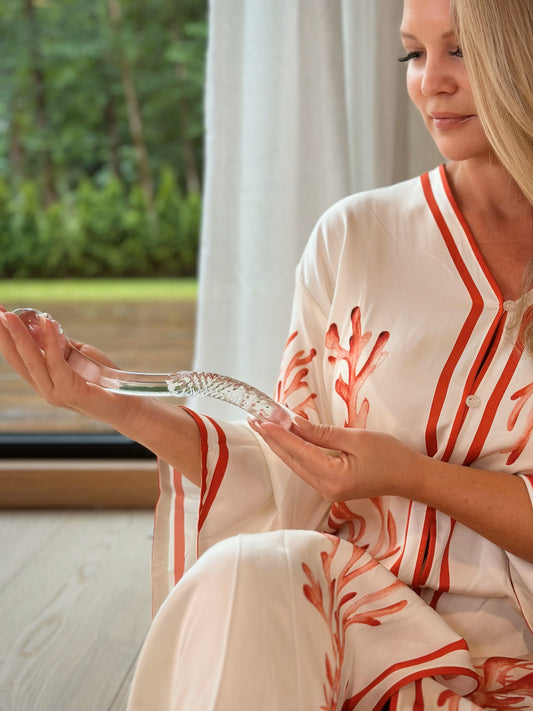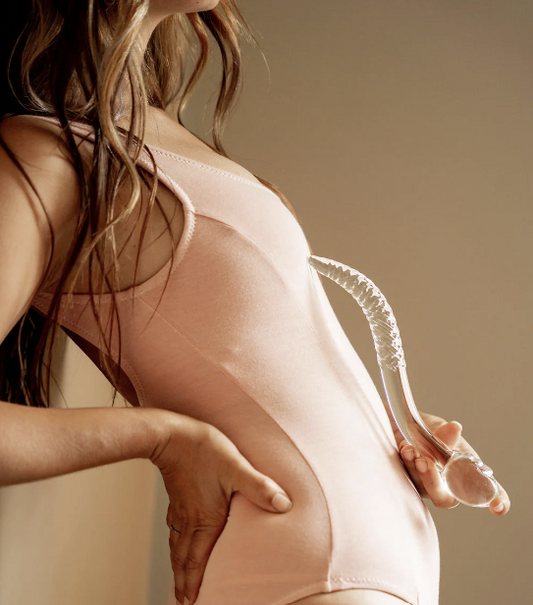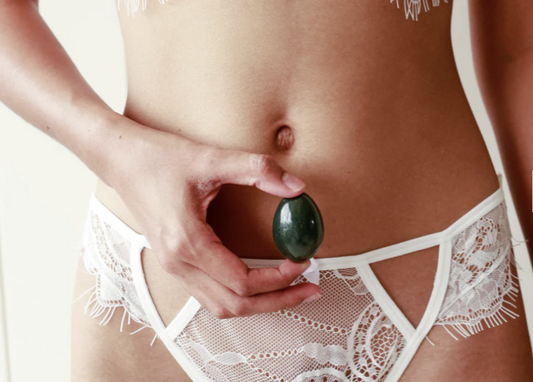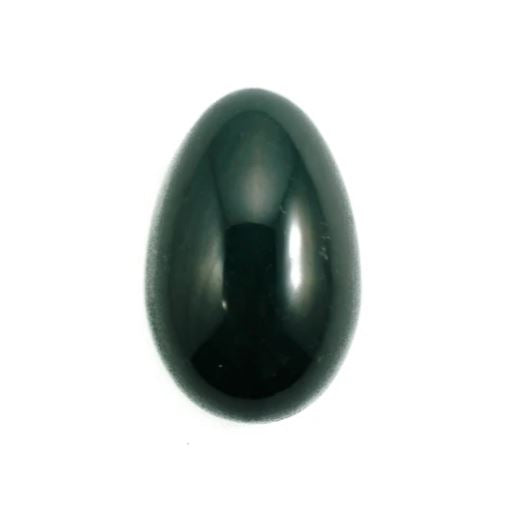You are what you eat.
The same goes for your vagina – the food you eat can have a big impact on its overall health. For those who frequently experience UTIs, yeast infections, or other imbalances, you may have noticed how a poor diet can negatively affect your vagina.
While you may not be particularly sensitive, small adjustments to your diet can contribute to a more balanced vagina, making you feel better about yourself. Explore this guide on what to eat to optimize yoni health. Ready to get inspired?
Vaginal microbiome
Just like the rest of the body, the vagina is home to billions of microorganisms – bacteria, fungi, viruses, and more – all of which play an important role in vaginal health and overall well-being.
These microorganisms form microbial communities in various parts of the body, including the gut, skin, mouth, and of course – the vagina. When these microorganisms are in balance, they support our health, but imbalances can lead to infections.
This brings us to the pH, or acidity, of the vagina. A balanced vaginal pH is between 3.8 and 4.2. An acidic pH helps the vagina protect itself from harmful pathogens. Your diet can affect both the microbiome and the pH of your vagina. Here are some dietary tips for your vagina.
1) Foods with probiotics
Probiotics are fantastic for both gut and vaginal health. Probiotic-rich foods nourish the good bacteria in your vaginal microbiome.
Foods like yogurt, kefir, sauerkraut, and kimchi can help boost your good bacteria. You can also take a probiotic supplement, especially with Lactobacillus strains, which research has shown can reduce symptoms of bacterial vaginosis.
2) Antioxidants
Antioxidants neutralize free radicals, unstable chemicals that can damage cells and lead to health problems. When it comes to the genitals, antioxidants can improve blood flow and reduce oxidative stress, which can support fertility and increase libido.
Add antioxidant-rich foods like berries, pineapple, and beverages like matcha and cocoa to your diet. Matcha is known for its many health benefits, and cocoa with maca root can help balance hormones and promote sexual health.
3) Omega-3 fatty acids
Omega-3 fatty acids are good for both your brain and your yoni! They can increase circulation and blood flow, which can boost your libido. Research has shown that omega-3s, when combined with vitamin E, can help relieve painful periods. Foods like salmon, flaxseed, walnuts, and eggs are rich in omega-3s.
4) Ginger
Ginger is a powerful root known for its antioxidant, anti-inflammatory, and antibacterial properties. These botanicals can help relieve symptoms of yeast infections and vulvovaginitis. A simple ginger tea can help – boil fresh ginger root for 10-20 minutes for a yoni-friendly elixir.
5) Increase fluid intake
To keep your lower abdomen hydrated, it is important to drink enough water. Water is essential for keeping your entire body hydrated, including the tissues in your lower abdomen.
6) Collagen for elasticity and strength
Collagen is an important protein that contributes to the elasticity and strength of body tissues, including those in the vagina. As we age, our body’s natural collagen production decreases, which can affect the firmness and moisture of the skin and mucous membranes, including the yoni area. Getting collagen through supplements or collagen-rich foods, such as fish, berries, and dark green vegetables, can support the suppleness and health of the pelvic floor. Collagen can also help combat dryness and support a healthy, balanced vagina by promoting moisture and strength in the tissues.
Let these simple diet tips help you on your way to a healthier, more balanced abdomen.
Listen to your vagina
Having a healthy and balanced yoni is not just about diet and physical well-being – it’s also about listening to your body’s signals and respecting your own intuition. Your vagina can let you know when something is not right, whether it’s with a partner, a specific situation, or your own energy and intention. If you ignore or ignore these signals, it can often lead to imbalances, such as discomfort, infections, or reduced desire. Paying attention to your own body, and being mindful of consent, can help you maintain your vagina’s natural harmony.

